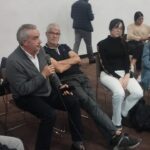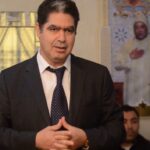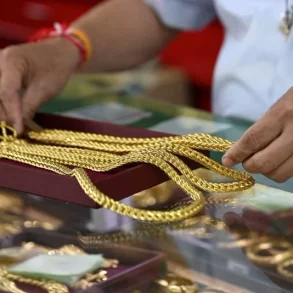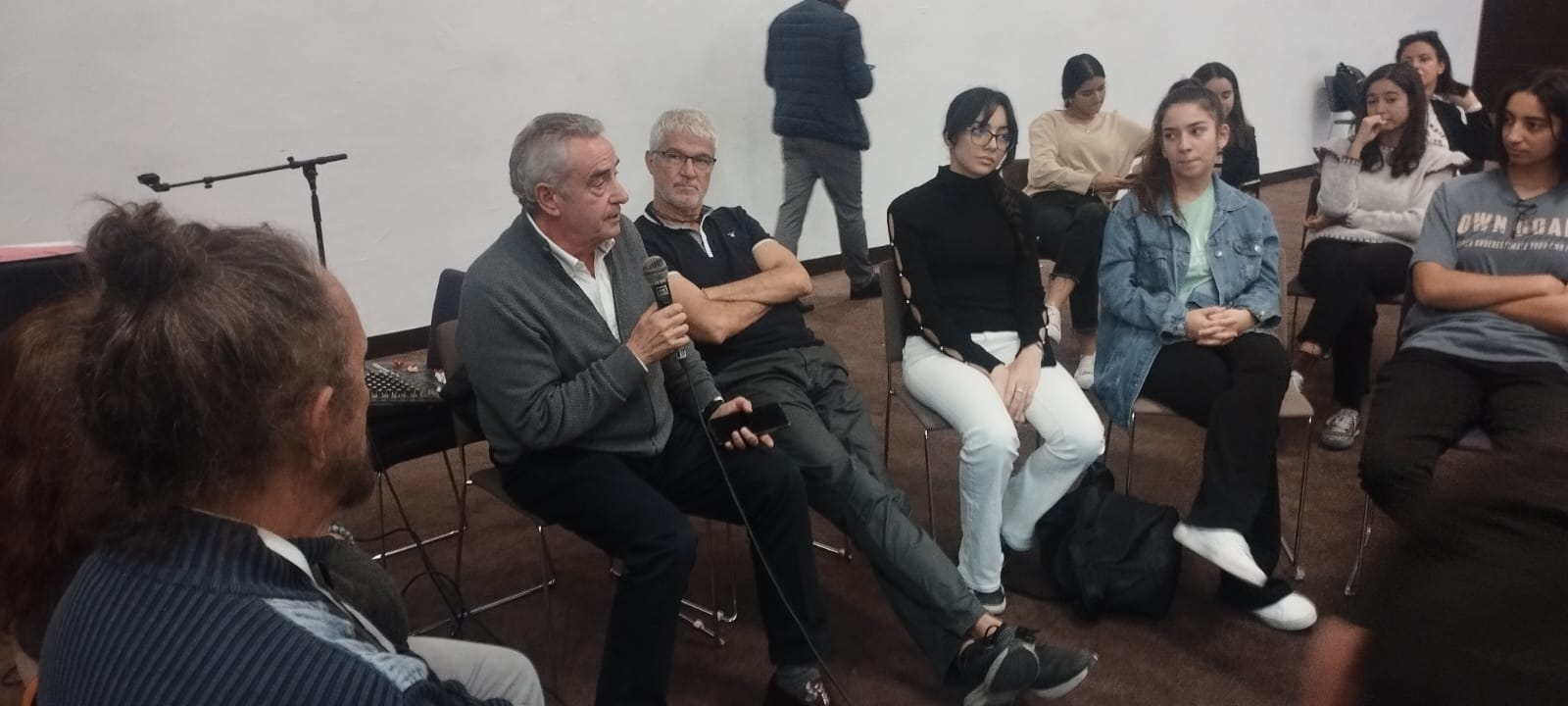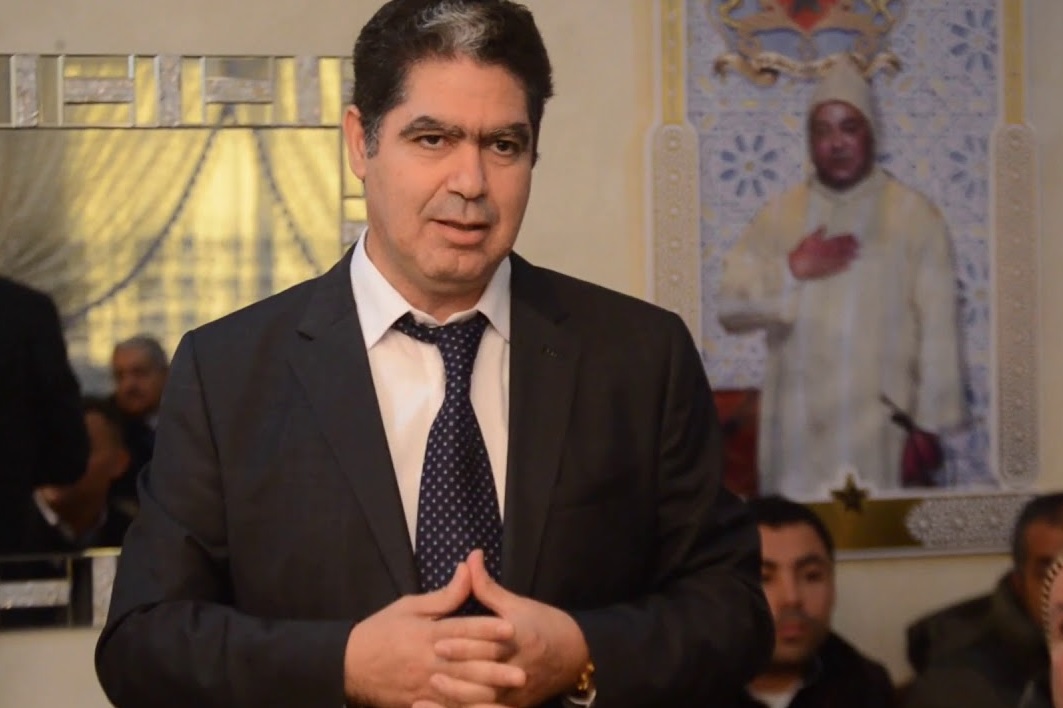Moroccans’ trust in elected institutions continues to dwindle, reflecting a deepening sense of frustration and uncertainty in the relationship between citizens and political bodies. This decline has been highlighted in numerous studies and surveys, including the latest report from Afrobarometer, a network specializing in African public opinion polls. According to their findings, a growing sense of disillusionment is evident as citizens question the ability of political institutions to meet their needs and aspirations.
The survey reveals that 25% of Moroccan respondents have lost faith in the parliament and other elected bodies’ capacity to deliver on their promises. This figure underscores the significant challenges facing political participation and engagement in Morocco. Political analyst Khalid Al-Bakari explains that the low turnout in legislative and local elections reflects this mistrust. Many Moroccans are not even registered to vote, and those who are, participate irregularly, indicating a widespread lack of confidence in political processes and the institutions behind them.
Al-Bakari stresses that this distrust is not limited to the parliament alone but extends to all elected institutions. He points out that the real figure of disillusioned citizens may even be higher than the 25% reported by Afrobarometer, suggesting that many Moroccans see little impact from the political system on their daily lives. Instead, they turn to more stable and secure institutions like the monarchy, the military, and the police. This growing dissatisfaction, Al-Bakari warns, signals a dangerous trend: a disconnect between the people and their representatives, undermining the role of elected bodies as intermediaries between society and the ruling state.


